Pikrepo / CC-BY-SA-3.0 / GFDL
Mahatma Gandhi
(Indian Activist)
2 October 1869 – 30 January 1948 (Aged 78)
Gandhi was the world famous leader of India’s independence movement against British rule.
You can read about Gandhi leading an Indian Miners March in South Africa here.
Gandhi’s civil disobedience through non-violent means, known as Satyagraha, inspired and influenced millions of people across the world, including Nelson Mandela and Martin Luther King.
In 1930, Gandhi led a march to protest a British-imposed salt tax, with Gandhi’s leadership earning him Time magazine’s ‘Man of the Year’ that year.
Following the partition of India in 1947, Gandhi strove for peace between Hindus and Muslims, until he was assassinated by a Hindu nationalist in Delhi at the age of 78.
You can read about Gandhi’d death here.
October 2nd, Gandhi’s birthday is an Indian national holiday and is also celebrated as the International Day of Nonviolence.
Babe Ruth
(Baseball Player)
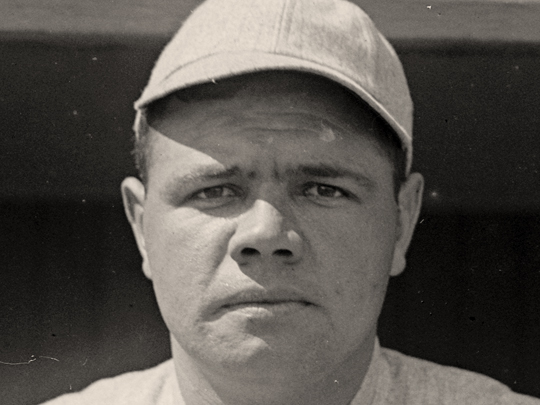
February 6, 1895 – August 16, 1948 (Aged 53)
Babe Ruth was the biggest sports star of his era, and one of, if not the greatest baseball players of all time.
Ruth began his career with the Boston Red Sox, before going to play with the New York Yankees, where he reached the height of his powers.
He was renowned for his extravagant, and sometimes reckless lifestyle, womanizing and drinking to excess.
However, this contrasted with the good work he did by visiting sick children and other charity work.
After Ruth’s death from cancer, he left the majority of what he had to the Babe Ruth Foundation for underprivileged children.
Orville Wright
(Inventor)
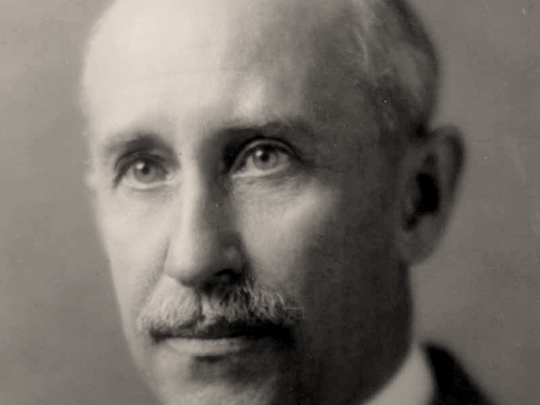
19 August 1871 – 30 January 1948 (Aged 76)
Orville Wright, along with his brother Wilbur, is known as the father of modern aviation. They invented, built and flew the first successful airplane in the world in 1903.
You can read about the first flight here.
Following the death of his brother Wilbur in 1912, Orville lost interest in their successful aviation business and sold it in 1915.
Orville spent much of the rest of his life serving in administrative positions on various boards and committees.
In April 1944, having set a transcontinental flight speed record, Howard Hughes stopped on the return journey in Wright Field, Dayton, Ohio, to give Orville his last flight in an airplane.
The 126-foot wingspan of Hughes’ Lockheed Constellation was 6-foot longer than the Wright Brothers history-making first flight.
Orville died four years later after suffering a second heart attack.
Muhammad Ali Jinnah
(Pakistani President)
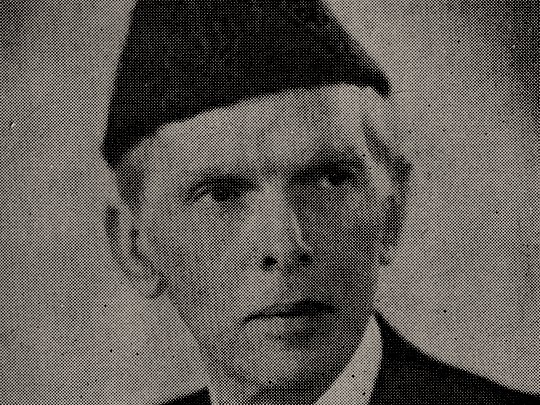
25 December 1876 – 11 September 1948 (Aged 71)
Muhammad Ali Jinnah spearheaded the foundation of Pakistan after it gained independence from the United Kingdom in 1947.
He was the country’s first Governor-General until his death a year later.
Jinnah died suffering from tubercolosis and lung cancer.
As Governor-General, Jinnah came to the aid of the millions of Muslim migrants who had emigrated from India to Pakistan after independence, personally supervising the establishment of refugee camps.
Jinnah is revered among Muslims as the father of Pakistan, with his birthday celebrated as a national holiday.
Sergei Eisenstein
(Director)
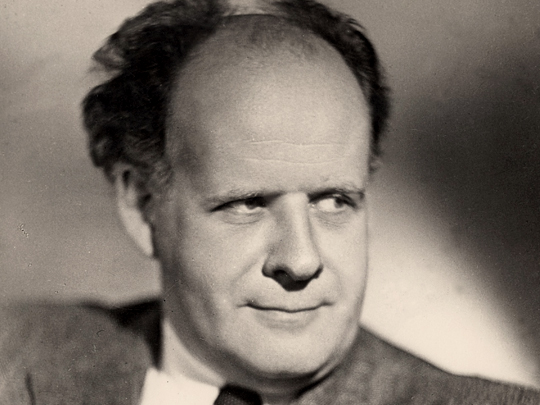
22 January 1898 – 11 February 1948 (Aged 50)
Eisenstein was a pioneering Soviet film director, particularly known for his use of film montage.
His best-known works are films such as Battleship Potemkin, Ivan the Terrible, and Alexander Nevsky.
Eisenstein died after suffering two heart attacks within days of each at the age of 50.
His ashes were buried in the Novodevichy Cemetery in Moscow.
Louis Lumière
(Inventor)
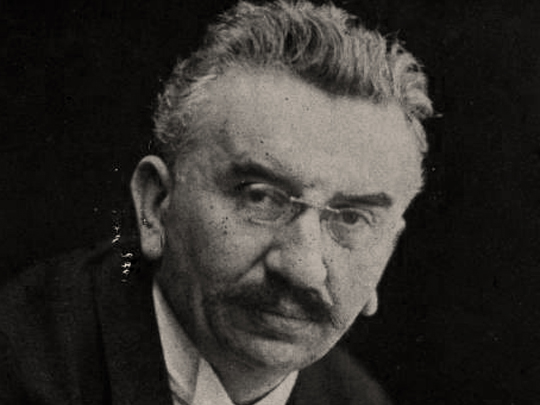
5 October 1864 – 6 June 1948 (Aged 83)
Louis Lumière and his brother Auguste were the inventors of the cinematograph motion-picture camera.
They are credited with being among the first people to create the possibility of, and how to sell, the cinematic experience to the masses.
Louis was responsible for directing thousands of reels of footage until the end of his life.
The brothers are heralded with helping to set in motion a cultural revolution, playing their role in bringing film to the world.
